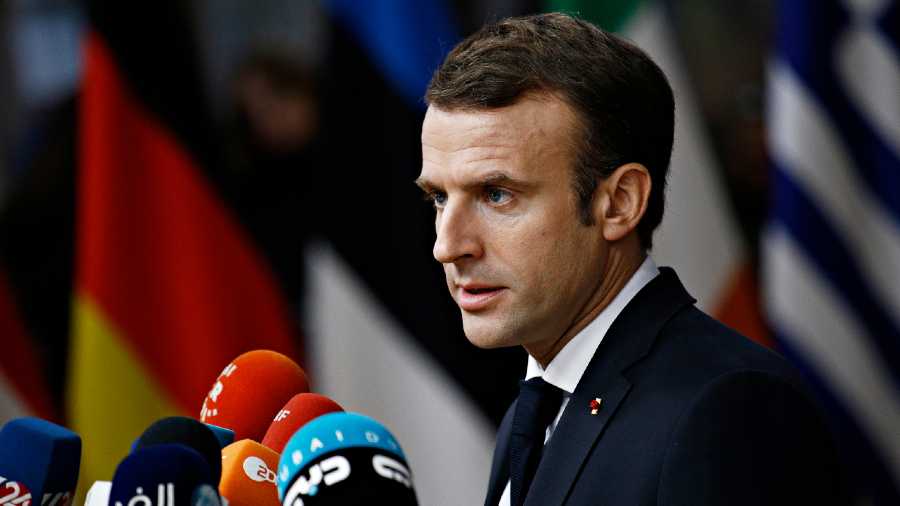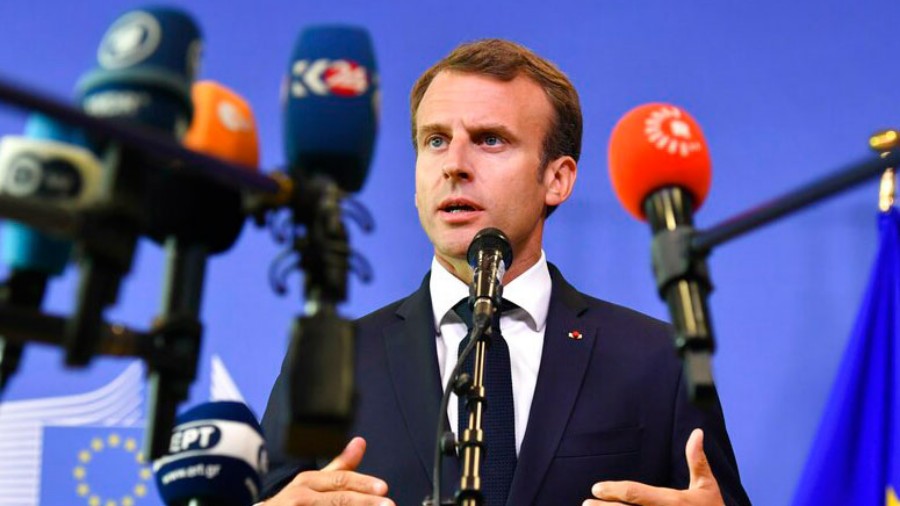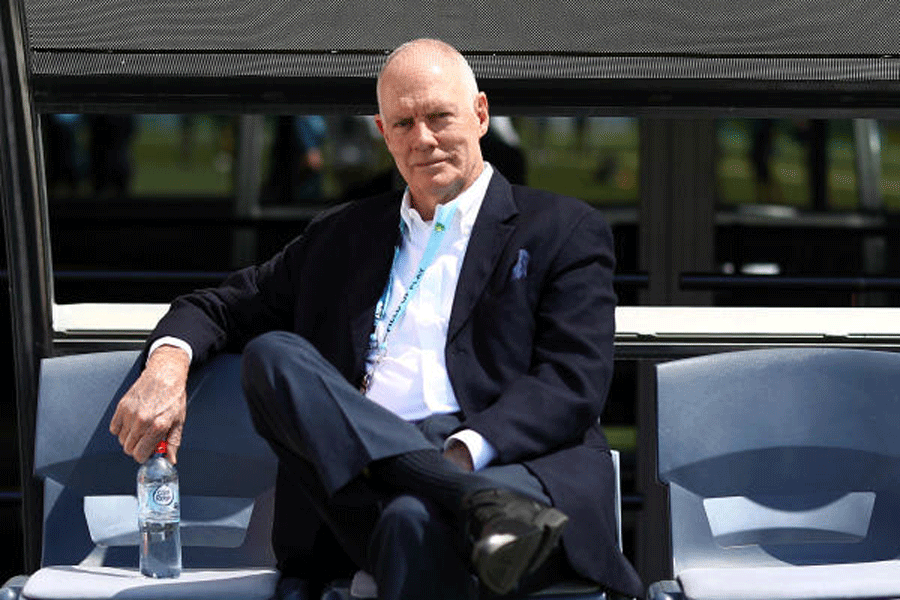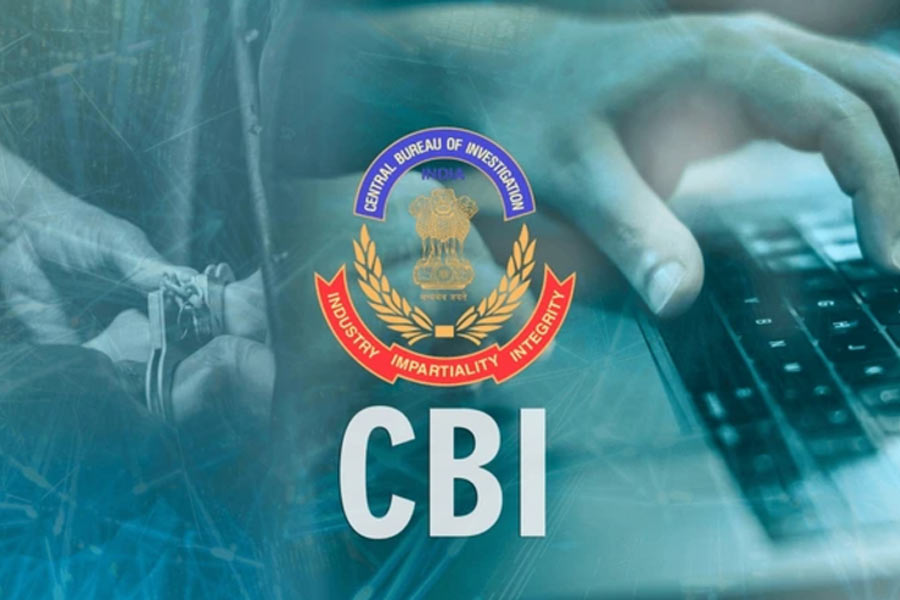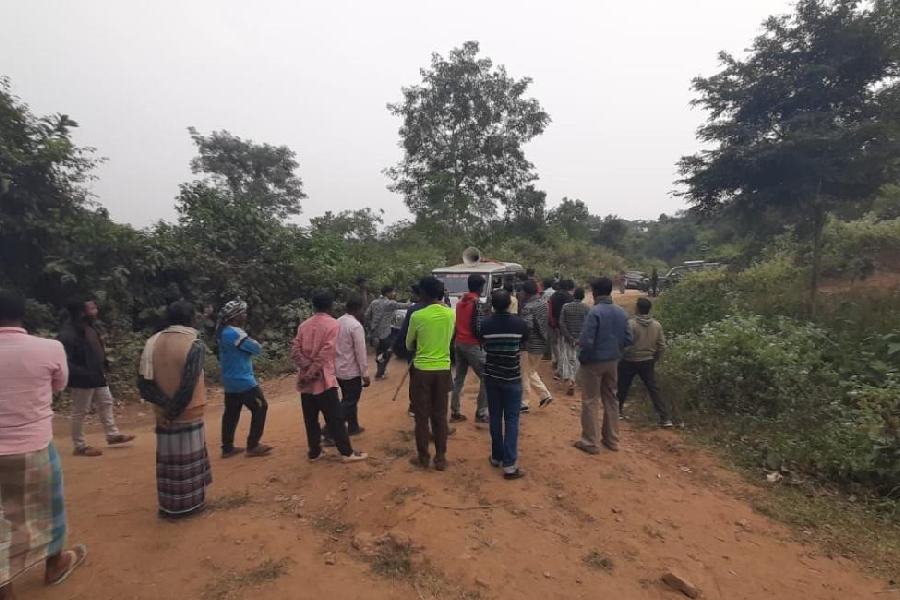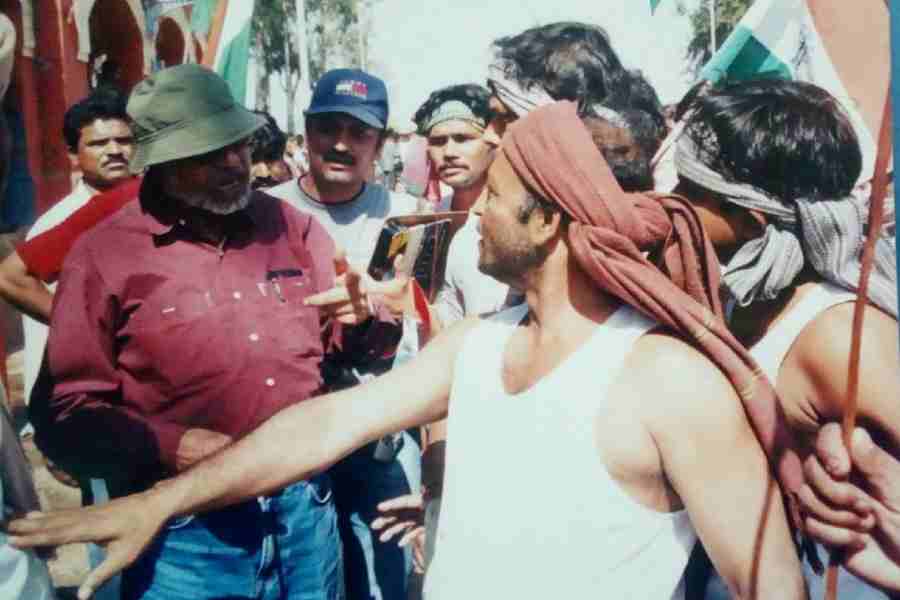President Emanuel Macron of France, fresh from a high-stakes meeting in Moscow with President Vladimir V. Putin, all but acknowledged on Tuesday that he had so far failed to secure a deal that might lower tensions around Russia’s military build-up on Ukraine’s border.
With 130,000 Russian troops just outside Ukraine, Macron’s visit to Moscow held out the remote possibility that a diplomatic path could be found to lower the temperature, even as the White House has warned that an attack on Ukraine could be imminent.
Instead, Macron arrived in Kiev on Tuesday with no promises that the Russian troops were going anywhere. The only progress he could point to after five hours of talks in Moscow was a commitment by Putin that Russian troops would not stay in Belarus after the completion of military exercises this month, and that Russia would not be the trigger of any escalation in the conflict.
“You must not underestimate the tension that surrounds the situation that we are living through, its unprecedented nature,” Macron said in Kiev, where he travelled on Tuesday to meet Ukraine’s President, Volodymyr Zelensky. “I do not believe this crisis can be solved thanks to a few hours of discussions.”
Even before Macron’s plane touched down in Kiev, the Kremlin appeared to viciously undercut the French president’s diplomatic authority in the increasingly rancorous diplomatic standoff between the West and Moscow.
Dmitri S. Peskov, the Kremlin spokesman, rejected reports that the two Presidents had reached any agreement to de-escalate, suggesting that it was the US, not France, that had standing to negotiate such a deal. “In the current situation, Moscow and Paris could not make a deal. France is an EU and Nato member,” he said, adding: “France is not leading Nato.”
Putin was prepared to keep negotiating over Russia’s security demands in Eastern Europe, Peskov said, but added: “So far, we don’t see and feel the readiness of our western counterparts to take our concerns into account.” The US and Nato have flatly rejected Russian demands to cease the bloc’s expansion into parts of eastern Europe.
Macron emphasised that addressing Russia’s concerns about Nato and its presence in eastern Europe was only one half of the diplomatic approach he was pursuing. The other, to address the continuing conflict between Ukraine and Russian-backed separatists in two breakaway eastern Ukrainian provinces.
New York Times News Service

